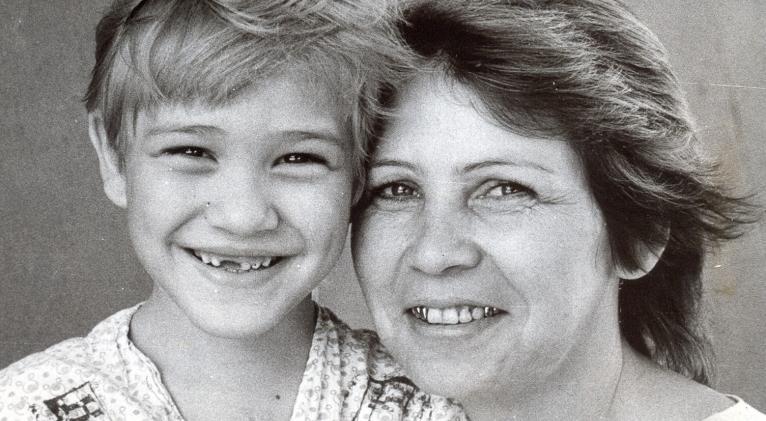Chernobyl and the Humanism of the Cuban Revolution
especiales

What occurred that day of April 26th, 1986, when No. 4 reactor exploded at the Vladimir Ilich Lenin Nuclear Power Plant — north of Ukraine, 1,5 miles away from Pripyat city, 10 miles away from Chernobyl city and from the border with Belarus—, still lingers in the heart and memories of thousands of families who broke away and started to adapt themselves to a new reality.
Regarded as the worst nuclear accident ever, the Chernobyl tragedy burst in a matter of seconds and darkened the color of human, wild life; it darkened the green color of bushes, which mutated into a reddish color. Today, the city is abandoned and you can see empty streets, ghost parks, homes frozen in time still with the table served, a picture as real as disheartening.
Firefighting brigades that helped extinguish the fire and decontaminate the area, plus the rest of the population living on the surroundings of the nuclear power plant, started to deal with the effects caused by high levels of radioactivity in the air. Some of them even died, while others began to develop dermatological conditions and different types of cancer.
Thousands of children from the former USSR were victims of that accident. Cuba extended its helping hand at the first plea for help made by the USSR. In this line, Cuban specialists traveled to that continent to analyze the most serious cases, which were quickly assisted at José Martí Tarara City, which was transformed into a huge sanitarium.
The first 139 Soviet children who came to Cuba to start different treatments landed in Cuba on March 29th, 1990, with the leader of the Cuban Revolution himself, Fidel Castro Ruz, welcoming each of them at the airplane's passenger steps. That very first group was the seed to the Cuban medical program that assisted children from Chernobyl for free for 21 years in a row.
Only seven years had passed from the beginning of that humanitarian initiative when Castro Ruz at the closing speech of the 6th International Workshop on Primary Care on November 28th, 1997, highlighted Cuba, by itself, had assisted more Chernobyl children than the rest of the countries worldwide, although the American media did not report that.
“Nearly 15,000 children! (…) Without socialism, 19,000 children and adults from three different Republics affected in that nuclear accident could not have been assisted and most of them were cared for amid the Special Period,” warned the Commander on Chief. The stats show that 26,000+ children from Russia, Belarus, Moldavia, and Ukraine were assisted.
Dr. Carlos Dotres, former head of Tarará’s Medical Service and Minister of Public Health afterwards, pointed in 1999 in a note in Granma newspaper: “the alteration in the health of those children were associated to the ionizing radiation as well as factors of genetic, environmental and social nature.”
According to the specialist, the Cuban physicians and scientific community were devoted to that sensitive task. They treated children with blood diseases. Some of them needed bone marrow and kidney transplant, heart and orthopedic surgeries due to genetic and physical disorders, respectively.
Over one hundred surgeries of malignant and benign tumors were practiced. Thu number of children with thyroid problems was high. “Suffering from vitiligo, alopecia and psoriasis were assisted by specialists at the Placental Histotherapy Center. Thousands of children were immunized with the Cuban Hepatitis B and Anti-Meningococcal BC vaccines,” added Dotres.
Cuba helped in the medical, dentistry, psychological, general nursing, and comprehensive rehabilitation assistance, and for the healing of those children, 15 facilities with high scientific standards backed this endeavor.
The solidarity and humanism of the Cuban people are so valuable, almost unique in the world. Hence, it is not coincidence that the President of the Chernobyl Children Association, Irina Ivasenko, said one day to Fidel, “Such a small nation with such a big heart!”
Translated by Sergio A. Paneque Díaz / CubaSí Translation Staff














Add new comment